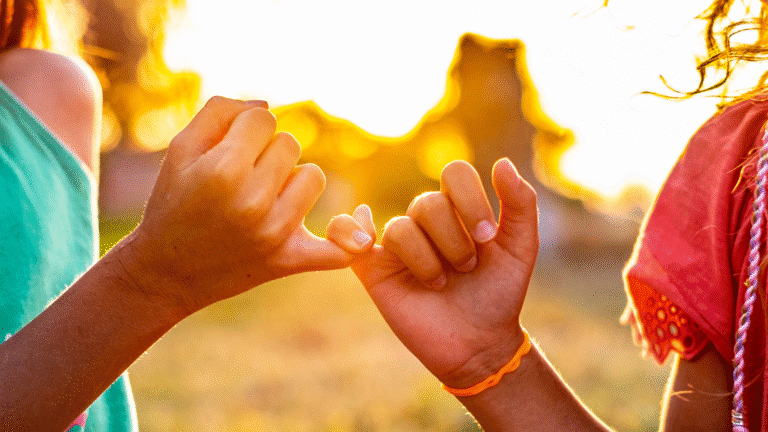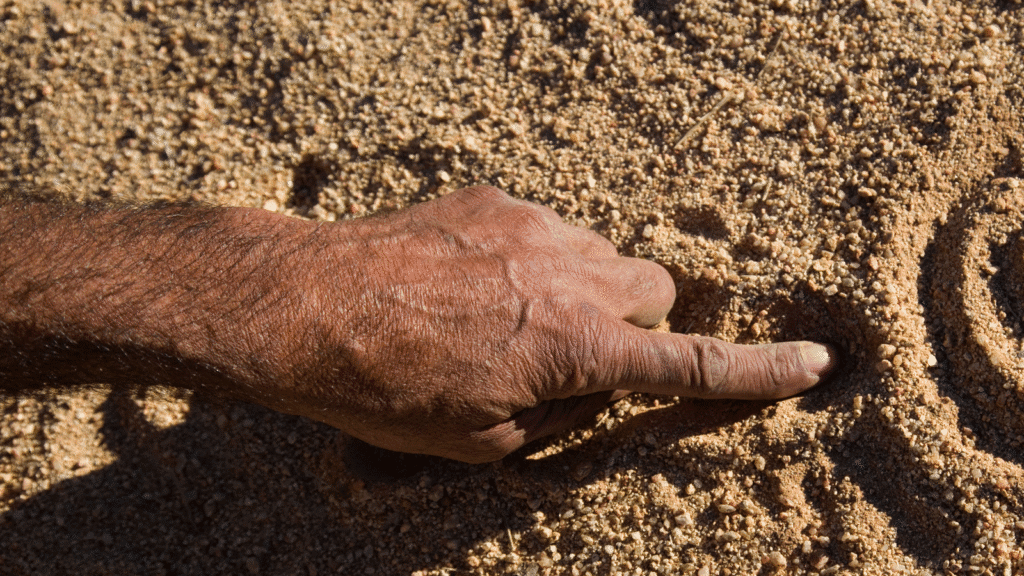Reconciliation Week: A Time to Learn, A Time to Act

This week, May 27 to June 3, is Australia’s National Reconciliation Week (NRW) – a time for reflection, education, and action.
Reconciliation Week is an opportunity – to deepen our understanding of Australia’s history, particularly the enduring impact of colonisation on Aboriginal and Torres Strait Islander peoples, and to strengthen the movement toward a more just, equitable, and reconciled nation – something we should always be striving towards.
The dates of Reconciliation Week are symbolic. May 27 marks the anniversary of the 1967 referendum, when Australians overwhelmingly voted for the rights of Aboriginal and Torres Strait Islander people, and June 3 commemorates the 1992 Mabo decision, in which the High Court of Australia recognised native title and overturned the doctrine of terra nullius, acknowledging that Indigenous peoples had occupied the land long before European settlement.
More Than a Week of Reflection
Reconciliation Week is about more than looking back – it’s about looking forward with hope and responsibility. The week encourages all Australians to learn more about Indigenous cultures, histories, and contributions, and to commit to actions that create meaningful change. This includes listening to First Nations voices, confronting uncomfortable truths, and addressing systemic inequality.
Each year, the chosen theme guides the week’s events and discussions. These themes reflect the evolving nature of reconciliation and the continued need for awareness and advocacy. They point to the understanding that reconciliation isn’t just symbolic – it’s about taking real steps toward unity and justice.
This year, the theme for Reconciliation Week is Bridging Now to Next, recognising the continuing connection between past, present, and future.
Why Reconciliation Matters
Despite progress, there remains a significant gap between Indigenous and non-Indigenous Australians in many areas including health, education, employment, and life expectancy.
Reconciliation Week is an opportunity – a reminder that achieving equality isn’t a passive process – it requires ongoing effort, allyship and advocacy, and courage from all parts of society.
Reconciliation also means acknowledging and respecting the strength, resilience, and diversity of Aboriginal and Torres Strait Islander communities. Their culture is the oldest continuous culture in the world, rich with wisdom, language, art, and connection to Country. Valuing this heritage is vital not only for reconciliation but for Australia’s identity as a whole.

How You Can Get Involved
➡️ Check out the National Reconciliation Website for local events, online campaigns, resources and information. And take time to read, watch, and listen to Indigenous voices.
➡️ Reconciliation Australia also encourages individuals to create a Reconciliation Action Plan (RAP) in their organisations.
Reconciliation Action Plans (RAPs) have been guiding organisations, since 2006, in taking purposeful, long-term action to promote reconciliation in a meaningful and strategic way.
Built on the key pillars of relationships, respect, and opportunities, RAPs deliver real and lasting benefits for Aboriginal and Torres Strait Islander peoples – enhancing economic equity and supporting the path toward First Nations self-determination.
Reconciliation Week is an opportunity – one that invites all Australians to be part of a national journey toward respect for all. It’s a reminder that reconciliation is not a single act, but a continuous, collective commitment. Let’s use this week not just to remember, but to recommit to building a more inclusive, equitable, and honest future.
Join the Glimmer community and share your thoughts and ideas on how we can create a better, fairer world.
Sources:
- Australian Electoral Commission. Referendum Dates and Results. https://www.aec.gov.au/Elections/referendums/Referendum_1967.htm
- AIATSIS. The Mabo Case. https://aiatsis.gov.au/explore/mabo-case
- National Native Title Tribunal. 25 years of Native Title Recognition. https://www.nntt.gov.au/Documents/The%20Mabo%20story%20.pdf#search=mabo
- Reconciliation Australia. National Reconciliation Week. https://www.reconciliation.org.au/our-work/national-reconciliation-week/
- Australian Institute of Health and Welfare. Health and Wellbeing of First Nations People. https://www.aihw.gov.au/reports/australias-health/indigenous-health-and-wellbeing









